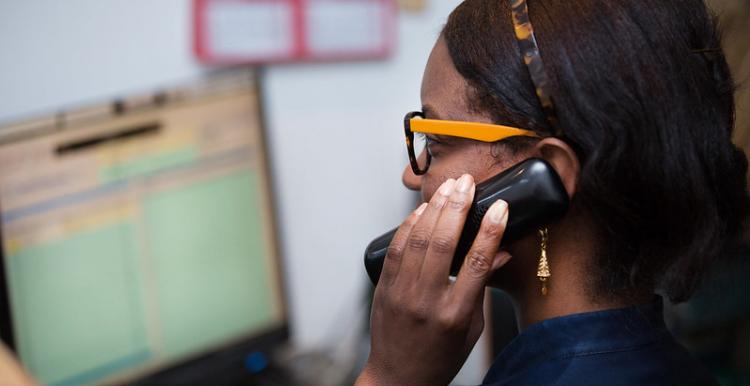Working from home during the pandemic

Information within this article has been taken from Charlie Waller Memorial Trust, Heads Together and Mind.
Charlie Waller Memorial Trust states for many the reality has been moving to working remotely; with little time to adjust and plan for a huge change in their routine and possibly having to fit in carer responsibilities. We are also having to maintain social distance from others. It may be helpful to think of physical distancing and ways that we have already adapted to, or could adapt to, staying in contact remotely with our peers, line manager and, as a manager, ways you can continue to connect and support employees.
They have created a 'Working from home well-being actin plan'
It is a personalised, practical tool that we can all use whether or not we have a mental health issue. It is inspired by Mary Ellen Copeland’s Wellness Recovery Action Plan (WRAP); an evidence-based system used worldwide by people to manage their mental health. They have adapted their CWMT WAP so that it can be used whilst working from home and also for managers supporting staff remotely.
Coronavirus: supporting yourself and your team
Mind have shared tips to help you to look after yourself and your team during the pandemic.
1. Maintain a positive work/life balance and encourage your team to do the same
It's easy to work longer hours and take fewer breaks when working from home. Why not put a reminder in your diary when you plan to finish working? You can also make sure you take at least a 30-minute lunch break. If you can, try to get some fresh air and go for a short walk. It's important you look after your own wellbeing so you can also be there to support your team.
2. Check in with team members regularly
Working from home can be isolating; ensure you and your team have regular check-ins virtually. Find an online tool that works for your team whether it's Microsoft teams, a conference call facility like Skype or by phone. Make sure these regular check-ins are scheduled in advance with your team members: have some daily scheduled chat time with each of them and regular time in the diary as a team.
3. Establish new ways of working
Working remotely will require consideration as to how you will deliver work as a team - what collaborative working platforms will be used, how you will communicate and how you support each other through challenges. Some of it might be trial and error so it is also important to think about how you will reflect on what's working and what isn't.
4. Ask your team to create Wellness Action Plans
This is an uncertain and worrisome time for many and your team may need additional support. Why not encourage your team to complete a Welllness Action Plan (WAP) and encourage them to share this with you. If they already have one then it would be helpful to review in light of recent developments and changes. This can be looked at and kept up to date during 1-2-1s.
Everyone can complete a WAP, you don't need to have a mental health problem in order to feel the benefits. It just means that you already have practical steps in place to ensure you are supported when you aren't feeling great.
5. Take advantage of technology
Use Microsoft Teams, Zoom, Skype or other communication/collaborative working platforms to connect with colleagues and work together. It's can also be good idea to use a range of technologies so you're not always typing or looking at a screen – switch things up with a telephone call or video call so you can see someone face to face.
6. Encourage your team to use the support tools available
Whatever wellbeing support your organisation has available, make sure your team knows about it and how to access it.
Mental Health At Work: Heads Together and Mind
Heads Together the Royal Foundation of the Duke and Duchess of Cambridge share workplace well being information.
A 'mental health at work' toolkit has been produced especially for the Covid - 19 pandemic.
You can read more here.
